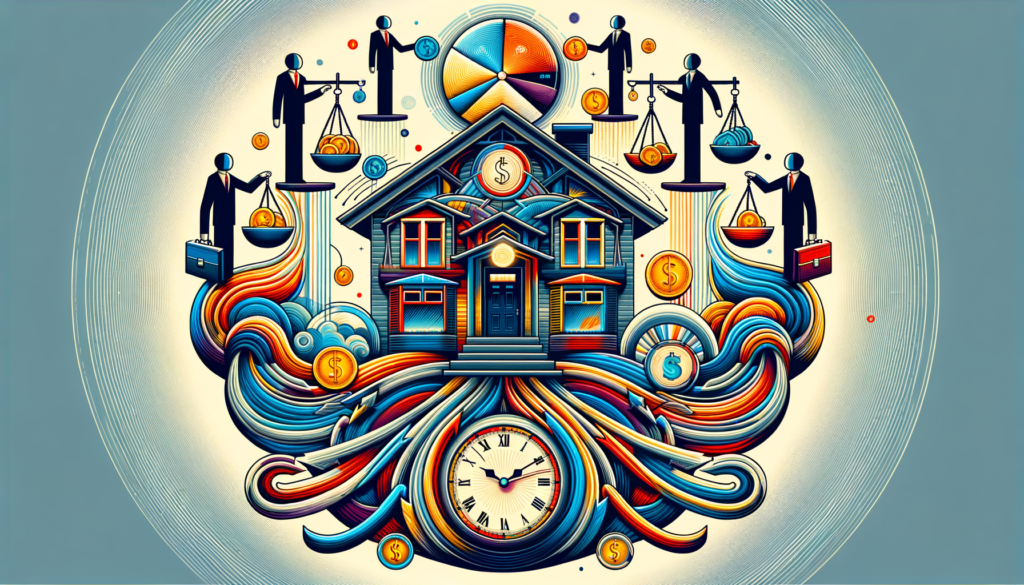“Privacy Habits Revealed: What Your Curtain Position Says About Your Personality”
Do you relish in the allure of a home veiled with close-knit curtains, or do you rather savour the freedom of fully opened curtains revealing your interior haven? Which side defines you? The topic that follows delves into the connection between your preferred curtain state and what it may reveal about your privacy tendencies.









